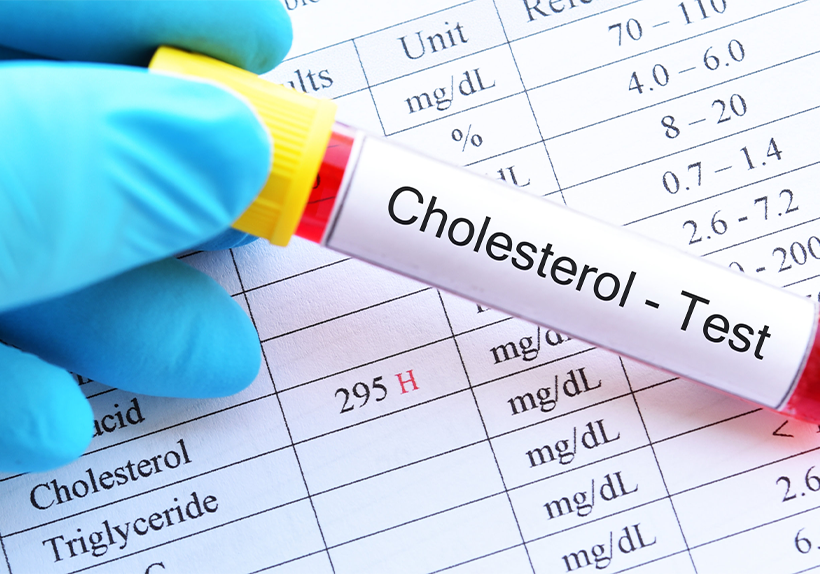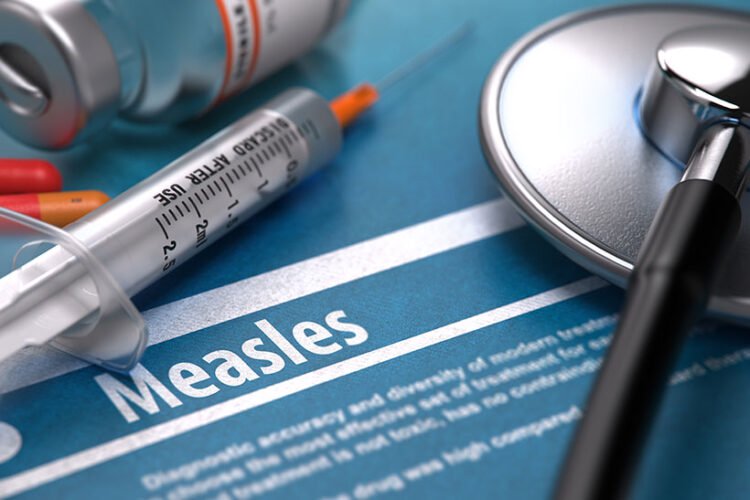Cholesterol is a fat (also called a lipid) that your body needs to work properly. Too much bad cholesterol can increase your chance of getting heart disease, stroke, and other problems.
Why do we need cholesterol?
Cholesterol is one of the natural substances made by your body to maintain its intrinsic functions. Cholesterol is a type of lipid which is a necessary component for cell membranes and other product’s synthesis. Under normal circumstances, cholesterol is synthesized by the liver inside the body, but can be taken in the form of food. The body has the ability to maintain the essential and nonessential substances in a balanced state, however, abnormal levels of such substances may harm your overall health.
High levels of cholesterol leave your body susceptible to plenty of diseases. In this article you will get to know about the normal levels of cholesterol, causes of elevated levels, symptoms, and treatment options.
What are normal levels of cholesterol?
A blood lipid profile will give the levels of different components of lipids with total cholesterol levels including HDL, LDL, and VLDL. An optimal lipid profile should look like this:
- Total cholesterol less than 200 mg/dL.
- Low Density Lipoproteins/LDL less than 100 mg/dL.
- High Density Lipoproteins/HDL less than 40 mg/dL.
- Triglycerides less than 150 mg/dL.
What is the difference between LDL and HDL?
The particles that carry cholesterol are lipoproteins that are made from lipids and proteins. There are two types of these HDL and LDL that carry the cholesterol towards different sites.HDL carries cholesterol towards the liver where it gets broken down to obtain energy in return. But LDL carries cholesterol towards the blood vessels to get stored.
HDL is called “good cholesterol” because it helps to remove extra fat from your body through the liver. LDL is called “bad cholesterol” because it stores the extra fat in your blood vessel’s walls or around your belly.
What are the causes of hypercholesterolemia?
There are multiple factors that may be responsible for high levels of cholesterol. A personal evaluation of your lifestyle habits can help narrow down what may be causing levels within your body system. Here’s a list of important factors to consider:
- Increasing age.
- Family history of high cholesterol related disorder.
- Smoking.
- Hypertension.
- Diabetes mellites.
- Low HDL/Good Cholesterol levels.
- Sedentary lifestyle.
If you have any risk factors mentioned above, you must have a screening once every three to four years.
Are there any symptoms to look out for?
Hypercholesterolemia does not cause any symptoms initially, therefore, you may not notice until severe disease sets in. Over time, extra cholesterol slowly builds up inside the blood vessels without creating any symptoms right away. Some people may show fatty skin deposits over different areas of the body, and an advanced stage of disease may result in stroke or heart attack.
What foods should you eat and avoid?
The food you take undergoes the process of digestion and is converted to different components; cholesterol is one of them. If you have any risk factors or symptoms of high cholesterol, then extra consideration must be taken when considering your diet.
Foods types recommended for those with high cholesterol levels:
- High fiber.
- Omega fatty acids.
- Olive oil.
- Fruits and vegetables.
- Lean proteins.
Foods that should be avoided are:
- Products made from refined sugar.
- Packed and processed foods.
- Trans fats
- Milk products.
- Cheese.
- Fried food items.
- Alcoholic beverages.
- Egg yolks.
Treatment of High Cholesterol
The primary intervention for high levels of cholesterol is lifestyle modifications. To reduce your cholesterol level, you must abstain from foods rich in fats.
Some important things you must do to lower your cholesterol levels are:
- Reduce weight.
- Quit smoking.
- Exercise at least 1 mile per day.
- Eat a more fibrous diet.
- Avoid junk food.
- Your doctor may prescribe you lipid lowering drugs e.g. statins depending upon the disease stage.
At American Online Benefits Group, we offer products that include doctor’s visits and discounted at home testing to monitor your cholesterol level. Contact our Agent or Member Services today for more information at 214-389-9072.




